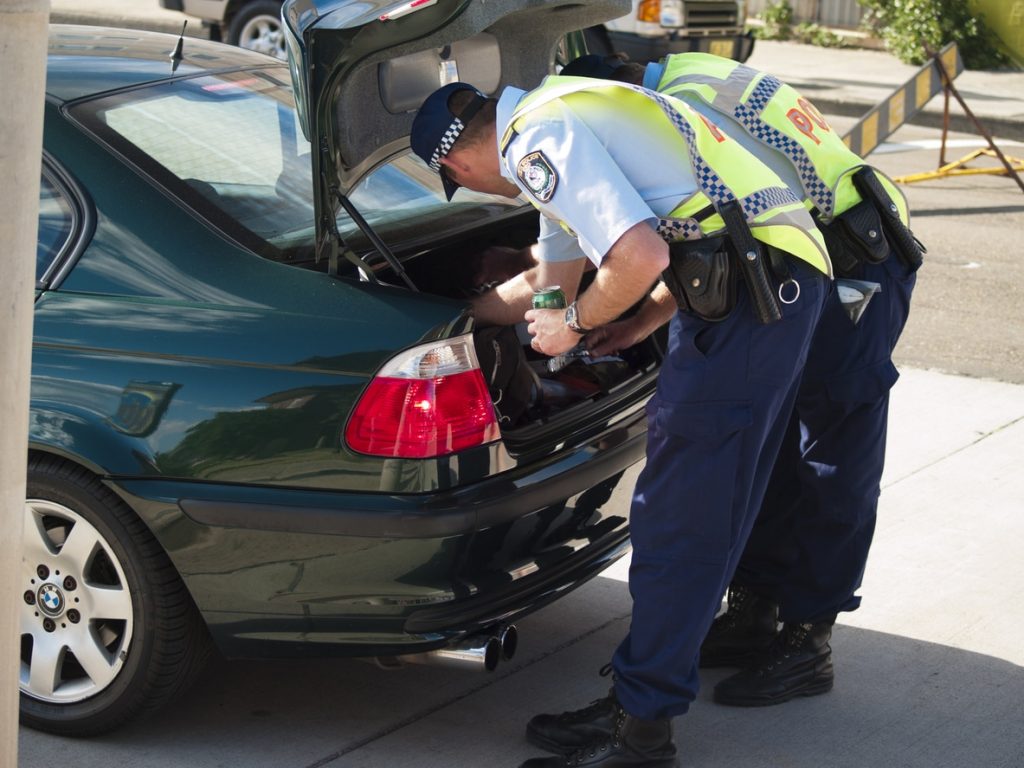Sentencing
What does a Court take into account when imposing a Sentence?
In criminal law and traffic law matters, many procedures and processes can be confusing, especially for someone who has never before been charged with an offence. Often, one of the key concerns is how to understand the decision-making process that a court will undertake when deciding whether to impose a sentence.
When will a court impose a sentence?
When criminal or traffic charges go to court, there are two circumstances in which the court will impose a penalty or sentence on the person who is charged (the defendant):
- The defendant enters a guilty plea; or
- After the defendant pleads not guilty to the charges, there is a trial and the court finds the defendant guilty.
What does the law say?
South Australian laws set out the things that a court must take into account when sentencing a defendant. They include:
- The circumstances of the offence.
- The impact of the offence upon any victims.
- The defendant’s role in committing the offence.
- The character, age and physical or mental condition of the defendant.
- The defendant’s financial circumstances.
- The need to deter the defendant and other members of the community from committing similar offences.
- The rehabilitation of the defendant.
Can a sentence be reduced?
Where there is an early guilty plea, the law also allowsfor a reduction (discount) of a sentence by up to 40 percent. The earlier a guilty plea is entered, the greater the sentencing discount that can be applied.
It’s important to understand, however, that the discount does not reduce mandatory minimum penalties, such as the licence disqualification period for a drink driving offence.
The Court is required to impose a penalty or sentence that reflects the need to:
- Ensure community safety.
- Protect people from intruders in their own homes.
- Protect children from sexual exploitation.
Are there circumstances when these things can’t be considered?
Sometimes there are reasons why a court will not take the above things into account when imposing a sentence. For example, if a defendant is found guilty of a child sexual offence, the court won’t consider evidence of that person’s good character if it finds that their good character actually assisted them to commit the offence.
Sentencing principles can be difficult to understand and there are many technical considerations for why something may or may not be taken into account. The stakes are often very high when it comes to sentencing, especially if imprisonment is a possibility. Also, if there is a risk of a large fine, loss of licence or demerit points, the impact on a defendant’s life can be significant.
For these reasons, it’s a good idea to have legal representation when there is a possibility that you might be sentenced by a court. A lawyer can present your case in the best possible way, which often helps to reduce the severity of any sentence.
Websters Lawyers has an outstanding team of criminal and traffic lawyers who have great expertise in preparing sentencing submissions. Contact us today for a free first interview to find out how we can help you.









